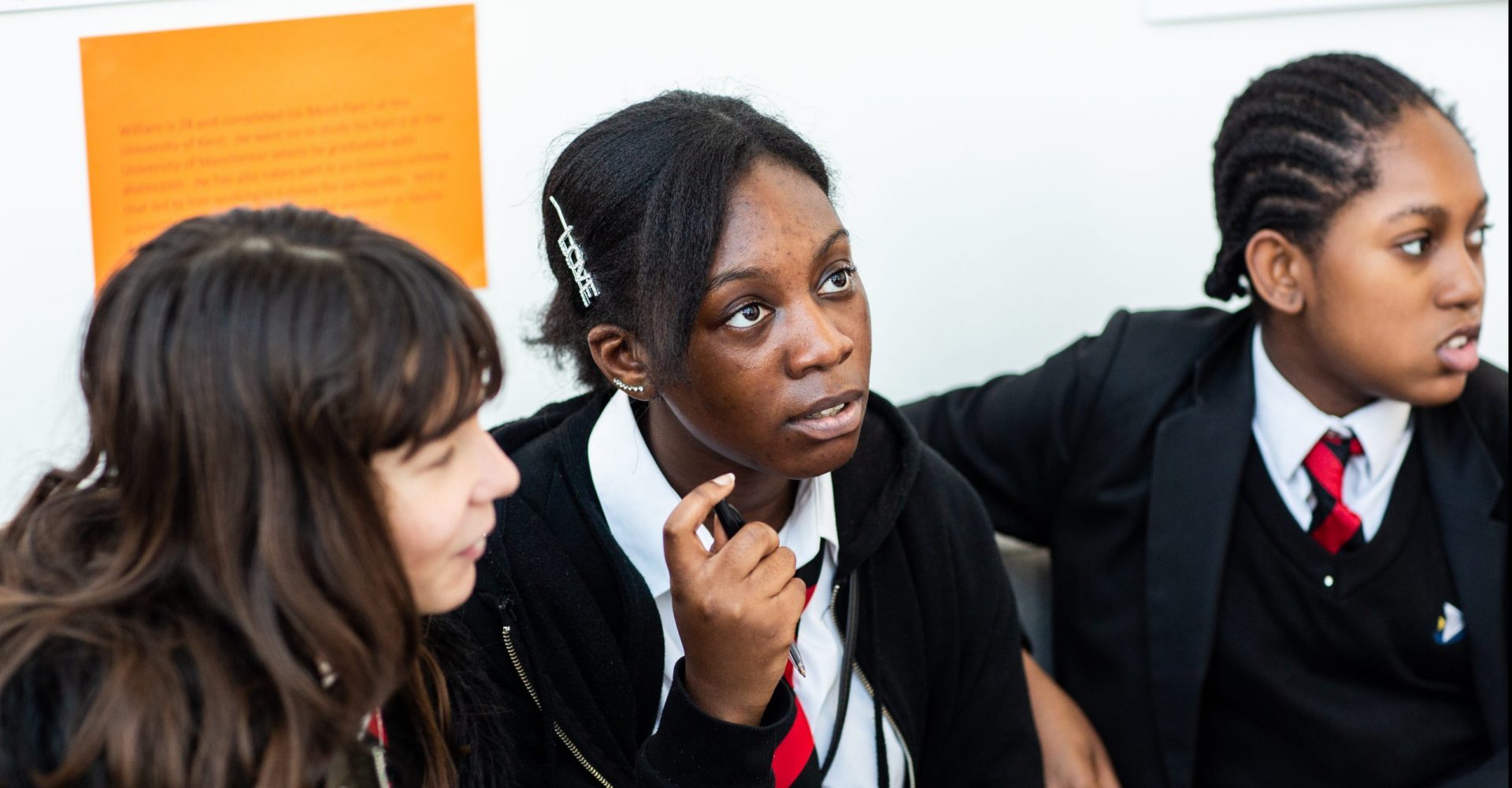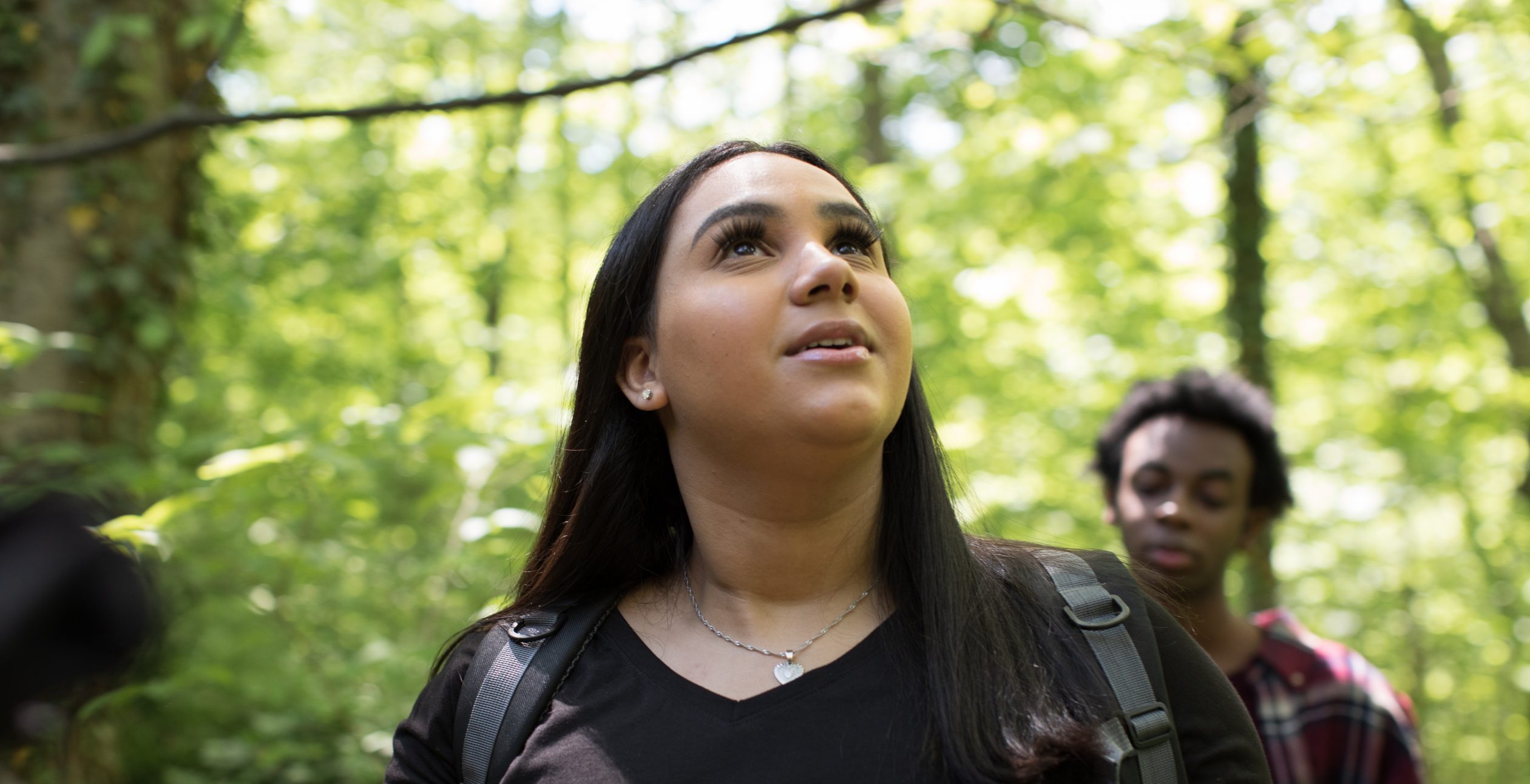Black History Month is a month-long celebration of the achievements of Black people throughout history right up to today. It is an opportunity for everyone to learn about the history and the Black community while also making strides to eradicate the inequality that still exists in society today.
When was Black history month first celebrated?
Back in 1926 Carter G Woodson, the son of former slaves, founded the first Black History Week in the USA. He worked to promote the history of Black people in schools and wider society his entire life.
Black History Month was then expanded throughout the USA and took place in this context, for the first time in 1970. It was held at Kent State University and for the first few years mainly took place in education establishments, especially those with a high proportion of African-American students.
It wasn’t until 1976 that the then President of the United States, Gerald Ford acknowledged the awareness month and urged Americans to “honour the too-often neglected accomplishments of Black Americans in every area of endeavour throughout our history”.



